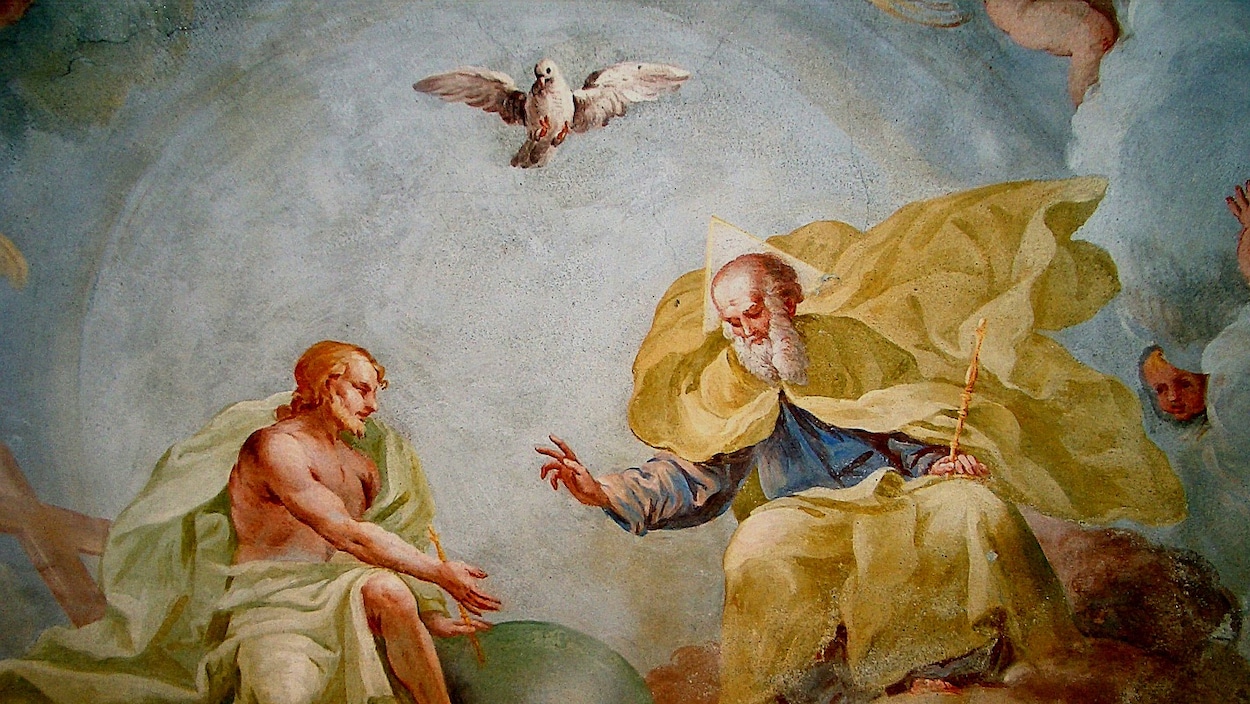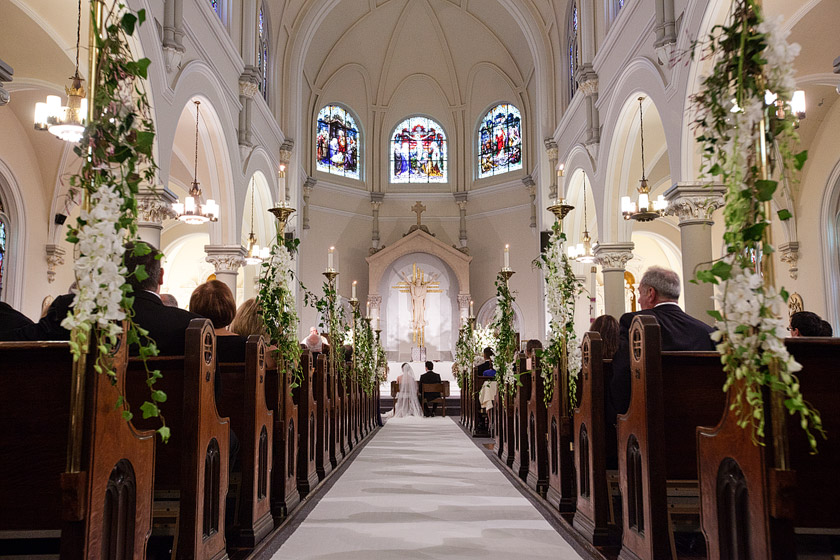There was a wealthy man in the late 1920s who gave many thousands of dollars to his church—and back then, that amounted to a very large sum of money. Then, in October 1929, the stock market crashed; the economy was badly shaken, the financial world was turned upside down, and this man—like thousands of other investors—lost everything. His business went bankrupt, and instead of being rich, he was suddenly very poor. One of his friends was sympathizing with him, and said, “It’s too bad you gave all that money to the church—if you had it right now, you’d have enough to reestablish your business.” But the formerly rich man answered, “No, I’m actually better off this way. If I’d kept all that money for myself, I’d have lost it, too. It’s really the only money I’ve saved—it’s building up spiritual interest in Heaven that will last for all eternity. Hundreds of people have been helped and saved through the parish I helped fund, so the money I donated was the best investment I ever made” (homily illustrations notebook, “Generosity”).
This man’s words contain much wisdom; he truly understood what Jesus is telling us today. When God gives us material blessings, that’s a sign of His love; when we share His blessings, that’s a sign of our love. Love is meant to last forever, so it’s simple common sense that we should use temporary, material things in such a way that their benefit will be everlasting. Earthly blessings are not intended to be an end in themselves, but only a means to eternal happiness.
In the Gospel of Luke (16:1-13), Jesus tells a story about a steward—someone we’d today call a financial planner or administrator—who was embezzling or cheating his master. When this embezzler realized he was about to be fired, he used his authority to reduce the debts of people who owed his master money so they’d be grateful to him personally; this way there’d be more people willing to help him after he lost his job. When the master found out about this, he actually praised the steward—not for his dishonesty, but for thinking ahead. Our Lord’s point is that we have to do the same thing in a spiritual sense. Jesus says, “Make friends for yourselves with dishonest [or worldly] wealth, so that when it fails you, you will be welcomed into eternal dwellings.” Notice that Our Lord doesn’t say “if” this world’s wealth fails you, but “when.” The day will come when everything we now have, except for faith, love, and self-respect, will be of no further use to us—so we have to use our goods and blessings wisely and well while we have the chance. This refers to money, of course; God wants us to be generous to those less fortunate than ourselves. But it also refers to many other things: our time, our energy, our willingness to help others, our opportunities to witness to our faith, our ability to pray for those in need, and so on. Our Lord says that if you can trust people in little things, you can also trust them in greater. From God’s point of view, the majority of the things we have, we’re involved in, or we desire, are “little things.” If we use them well—by placing faith at the center of our lives—God will entrust us with something far greater: eternal riches and everlasting life.








